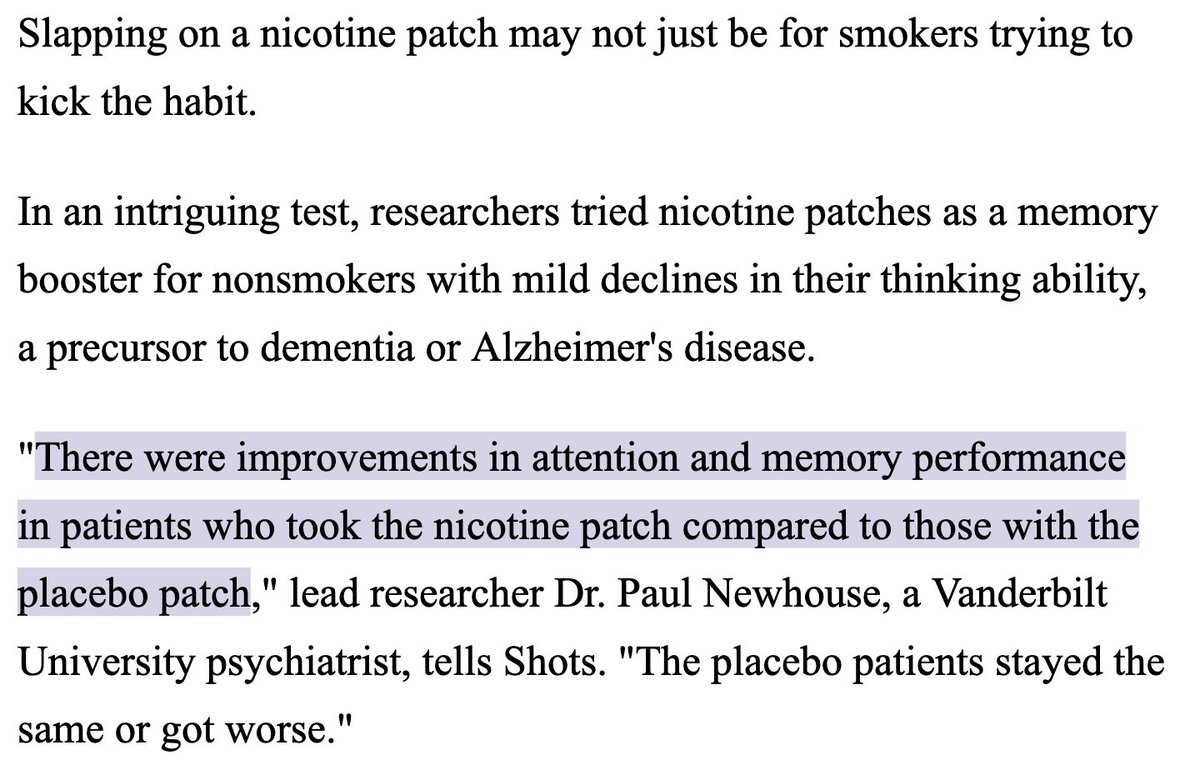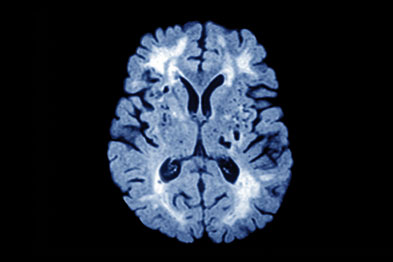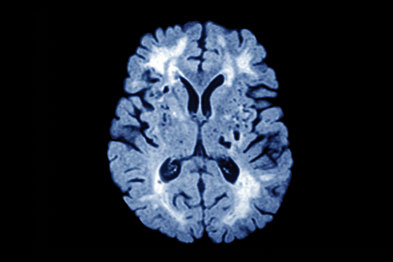NICOTINE is the best-kept secret in modern medicine.
It boosts attention, memory, and cognitive performance––without smoking.
It might be the reason why top CEOs work 120-hour weeks without burning out.
Here's the science behind it (& how to get the benefits safely): 🧵

It boosts attention, memory, and cognitive performance––without smoking.
It might be the reason why top CEOs work 120-hour weeks without burning out.
Here's the science behind it (& how to get the benefits safely): 🧵


Most people only know nicotine as the addictive chemical in cigarettes.
But nicotine itself doesn't cause cancer or lung disease (that comes from the tar and thousands of chemicals in tobacco smoke).
When used alone, it actually works as a brain booster.
Here's how it works:
But nicotine itself doesn't cause cancer or lung disease (that comes from the tar and thousands of chemicals in tobacco smoke).
When used alone, it actually works as a brain booster.
Here's how it works:
Nicotine attaches to special receptors in your brain.
When activated, these receptors release brain chemicals that help with:
• Sharper focus
• Better memory
• Faster reactions
• Improved learning
But the benefits don't stop there...
When activated, these receptors release brain chemicals that help with:
• Sharper focus
• Better memory
• Faster reactions
• Improved learning
But the benefits don't stop there...
Nicotine can improve attention in both smokers AND non-smokers:
It activates the front part of your brain (the area for focus & decision making), making you feel more alert.
That's why some feel more productive after smoking cigarettes.
Here's how to get the benefits safely:
It activates the front part of your brain (the area for focus & decision making), making you feel more alert.
That's why some feel more productive after smoking cigarettes.
Here's how to get the benefits safely:
Scientists found many ways to use nicotine w/o smoking:
• Patches - steady, all-day release
• Gum - faster acting, shorter lasting
• Lozenges - similar to gum
• Pouches - tobacco-free options
Each gives you pure nicotine without the harmful chemicals in cigarettes...
• Patches - steady, all-day release
• Gum - faster acting, shorter lasting
• Lozenges - similar to gum
• Pouches - tobacco-free options
Each gives you pure nicotine without the harmful chemicals in cigarettes...
Research from Vanderbilt Center found that nicotine patches can help people with mild memory problems.
They're even studying it for conditions like early Alzheimer's, Parkinson's disease, ADHD, and schizophrenia.
And you don't even need that much for the effect to kick in...
They're even studying it for conditions like early Alzheimer's, Parkinson's disease, ADHD, and schizophrenia.
And you don't even need that much for the effect to kick in...

The amount needed for brain benefits is usually low:
• Start with a small dose (like half a piece of nicotine gum)
• Adjust based on how your body responds
For reference, this is much lower than what regular smokers use (~20–40 mg/day)...
• Start with a small dose (like half a piece of nicotine gum)
• Adjust based on how your body responds
For reference, this is much lower than what regular smokers use (~20–40 mg/day)...
Note:
Nicotine is still VERY addictive, even in these "cleaner" forms.
It also:
• Raises blood pressure for a short time
• Can make you feel sick if you take too much
• Speeds up your heart rate
So, if you're thinking about trying it for brain benefits, consider this:
Nicotine is still VERY addictive, even in these "cleaner" forms.
It also:
• Raises blood pressure for a short time
• Can make you feel sick if you take too much
• Speeds up your heart rate
So, if you're thinking about trying it for brain benefits, consider this:
To avoid risks:
1. Start with the smallest possible dose
2. Use it only for important tasks
3. Take regular breaks to prevent tolerance
4. Never combine with smoking
5. Talk to your doctor first
The goal is improvement, not dependence.
1. Start with the smallest possible dose
2. Use it only for important tasks
3. Take regular breaks to prevent tolerance
4. Never combine with smoking
5. Talk to your doctor first
The goal is improvement, not dependence.
PS - I'm building a FREE AI coaching app with AI Vision that's just like a real trainer:
• Guides with personalized plans
• Analyzes your exercises as you work out
• Corrects your form in real-time
• Tracks your fitness journal
Join 40,000+ others: download.impakt.com/yrMY/x
• Guides with personalized plans
• Analyzes your exercises as you work out
• Corrects your form in real-time
• Tracks your fitness journal
Join 40,000+ others: download.impakt.com/yrMY/x
TL;DR
Nicotine can boost brain performance through:
• Better attention and focus
• Improved memory
• Faster reactions
• Enhanced learning
Options like patches and gum offer these benefits without the dangers of smoking, but addiction risk remains.
Nicotine can boost brain performance through:
• Better attention and focus
• Improved memory
• Faster reactions
• Enhanced learning
Options like patches and gum offer these benefits without the dangers of smoking, but addiction risk remains.
• • •
Missing some Tweet in this thread? You can try to
force a refresh













